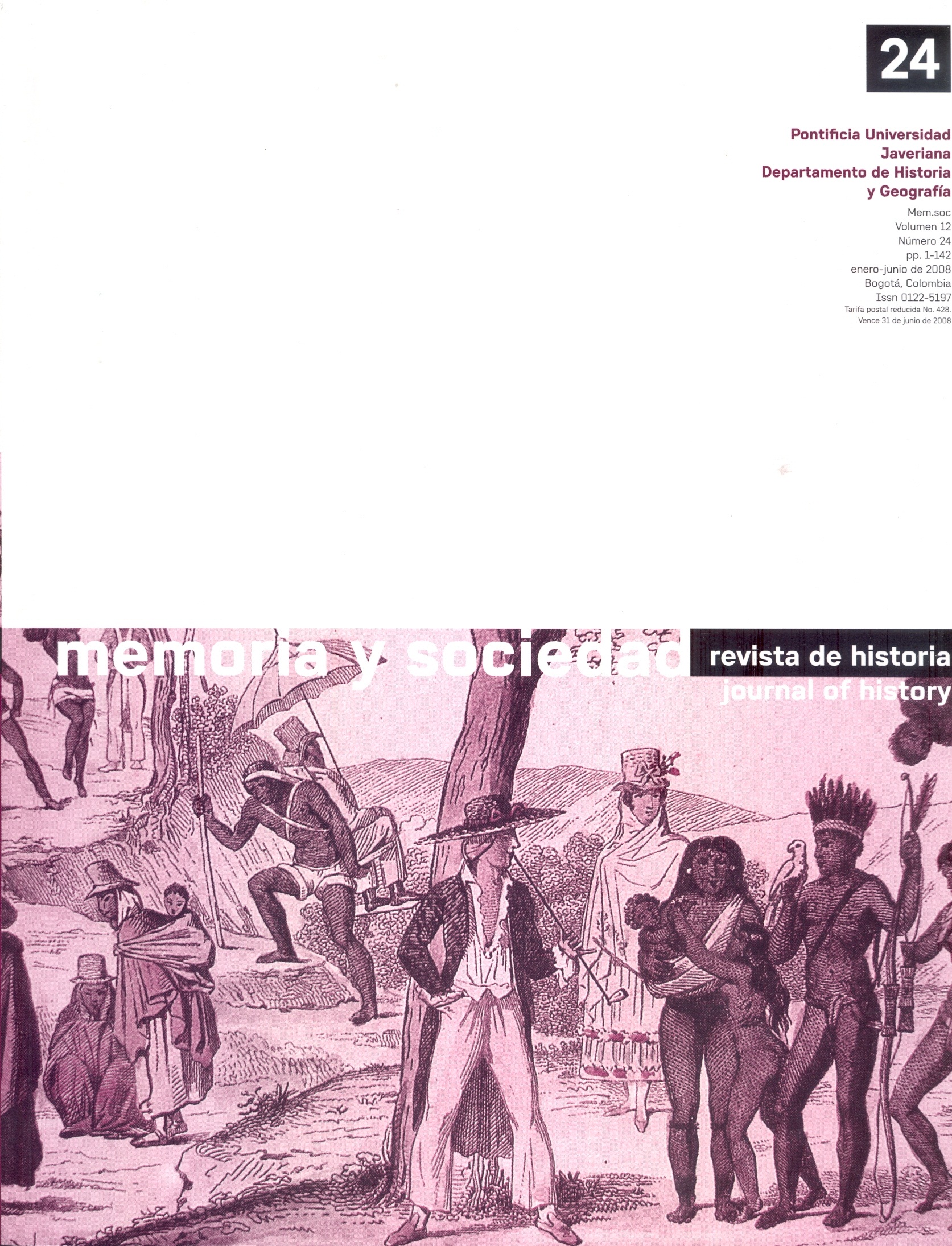Abstract
This is an essay of intellectual and conceptual history. It’s constructed in reverse: from the present to the past. The objective is to demonstrate the socio-political origin of some analytic categories employed by the Social Sciences and Humanities. In the evolution and transformation of the term mestizo to more generic use of the term mestizaje, five overlapping semantic layers can be observed. The article shows the places in which the term mestizaje, a modern concept, progressively changed beginning at the end of the 19th century to a key referential term of national identity in Mexico. The diffusion and consolidation of the notion mestizaje occurs paradoxically in a moment (during the first half of the 20th century) when humanity began to be thought of in global or post-national terms. From then on the use of the term pretends to designate not only exclusively the essence of the “Mexicanidad” but also represents Latin American identity.The journal Memoria y Sociedad is registered under a Creative Commons Attribution 4.0 International Public License. Thus, this work may be reproduced, distributed, and publicly shared in digital format, as long as the names of the authors and Pontificia Universidad Javeriana are acknowledged. Others are allowed to quote, adapt, transform, auto-archive, republish, and create based on this material, for any purpose (even commercial ones), provided the authorship is duly acknowledged, a link to the original work is provided, and it is specified if changes have been made. Pontificia Universidad Javeriana does not hold the rights of published works and the authors are solely responsible for the contents of their works; they keep the moral, intellectual, privacy, and publicity rights.
Approving the intervention of the work (review, copy-editing, translation, layout) and the following outreach, are granted through an use license and not through an assignment of rights. This means the journal and Pontificia Universidad Javeriana cannot be held responsible for any ethical malpractice by the authors. As a consequence of the protection granted by the use license, the journal is not required to publish recantations or modify information already published, unless the errata stems from the editorial management process. Publishing contents in this journal does not generate royalties for contributors.

